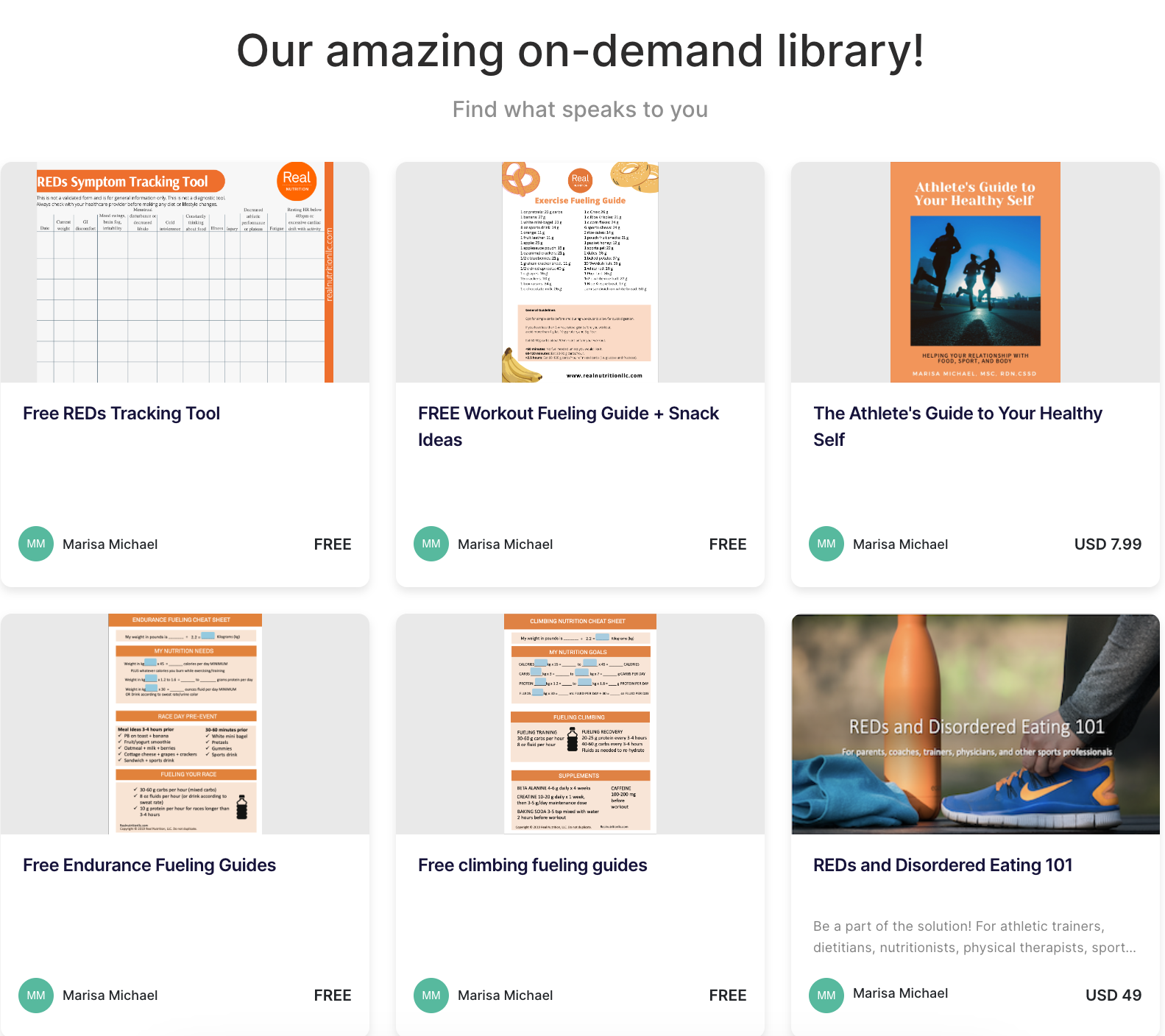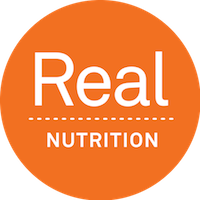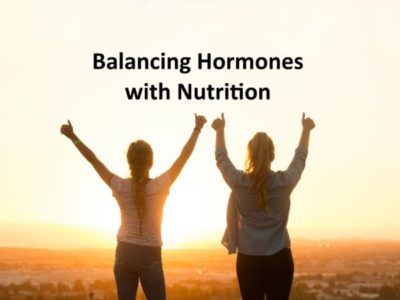
How to spot credible nutrition information
There are probably literally millions of blog posts, books, and articles about nutrition. Many of them are very convincing, and many of them spread false information. Many of them sound “science-y” enough to seem legitimate. They throw in some buzzwords like “insulin response” or “liver metabolism” and it sounds reasonable enough. Some even have references attached that look like they are from credible scientific journals. I’ve even seen websites that have their own white papers, written by the author of the website of course, that appears authoritative and is meant to mimic a real report giving evidence-based guidelines on a topic.
Being able to wade through the misinformation is challenging, even for well-trained nutrition professionals. I’ve seen some dietitians that are touting things that aren’t really in line with science or general consensus on certain nutrition topics.
How do you know what to believe? Here are some guidelines to help you decide if what you read is legitimate:
Who wrote it?
What are the credentials of the person writing it? What is their experience level? Background? Did they get their degree from an accredited institution? Some degrees and certifications are basically made-up. Does their degree and training match what they are writing about? For instance, you don’t necessarily want to read nutrition advice from a medical doctor, personal trainer, physical therapist, or chiropractor. These people aren’t nutrition professionals. They have different training in other fields.
What is the tone of the nutrition advice?
Is it absolute? Convincing? Black and white? Does it make extraordinary health claims? Does it state things in extremes, like, “If you eat fructose you will go into liver failure” or “The paleo diet cures diabetes.” In nutrition, there is rarely anything that is absolute. There is a tremendous amount of nuance. Note your emotions as you read the article. If you feel extremes in emotion that is a sign that what you are reading probably isn’t all true. Guilt, shame, confusion, or even extreme motivation to eat a certain way are all signs that what you are reading is probably exaggerated.
Does the nutrition advice seem science-based?
This may be hard to determine. Some authors cherry-pick studies and evidence to support their own claims, but ignore the larger body of research that may tell a different story. Look for references peer-reviewed scientific journals. I came across one “nutritionist” the other day that was giving nutrition advice based off an athlete’s blog post. Say what??? This athlete is not a valid source of nutrition information! (And, it appears, neither is this nutritionist!)
Does the author agree with the general nutrition field?
Nutrition researchers and professionals generally look at the current body of evidence and make conclusions and recommendations based on what is currently known. Some authors are considered a “lone wolf,” meaning they depart from the general scientific consensus and argue a contrary point of view. These authors usually misinterpret the evidence or have a heavy bias. They are also usually selling something like a book or supplements (or both!)…which leads me to…
Does the author have a conflict of interest?
Is the author backed by a corporation, supplement company, or any other business that would profit from you believing their diet plan? Are there any supplements, shakes, oils, or powders for sale recommended in the publication? This doesn’t automatically mean it is incorrect information, but it’s wise to take a second look and see if the nutrition information they are telling you is true. Especially if the website is really geared toward selling–like their product is EVERYWHERE.
Does the author recognize limitations to the research?
When an author is telling a reader about nutrition information, a good author will present the known body of evidence, but also the limitations. For instance, a study design might not be robust and the researchers’ conclusions may not be correct. A good author would either not even reference this study, or lay out its limitations, discussing how further research is needed, or how to apply the findings correctly to your own life.
Does the diet or recommendation require you to give up entire food groups or drastically change your life?
Aside from allergies of course. If it does, it probably isn’t a good information. One that calls for giving up whole food groups limits nutrients. It is also so restrictive that it isn’t sustainable. It can also lead to more anxiety around food choices, guilt, and shame. If following an extreme disrupts your lifestyle, family life, and social relationships, it’s time to reconsider this diet. No valid nutrition information tells you to give up entire food groups or shames you into changing the way you eat.
Does the nutrition information rely on anecdotes and testimonials?
These are convincing, which makes health professionals with real, measured, science-backed advice hard to stand out. Good, valid nutrition information depends on science and research. If the article or book you are reading relies on testimonials or fantastical claims, it’s not reliable. “I lost 50 pounds in three months,” “I stopped taking my medication after going on this 21-day cleanse ],” or “Now all my friends and family are on this diet too,” are dead giveaways that there are probably false or misleading promises.
Does it contain buzzwords and fads?
Things like anti-inflammatory diet, paleo, adrenal fatigue, leaky gut, low carb, high fat, keto, and intermittent fasting are all fads. Legitimate nutrition information relies on time-tested, evidence-based recommendations, not gimmicks and fads.
Next time you are reading nutrition advice, double-check to make sure what you are reading is true!
Click to see our full line of amazing online courses!

- Ultimate Guide to Useful Sports Supplements
- Nutrition for Climbers
- Fueling Guides for Athletes
- Endurance Fueling
And be sure to follow us on Instagram!
~This is not medical advice. Any changes you make to your diet, exercise, supplements, and medication should be done under the supervision of your doctor.

